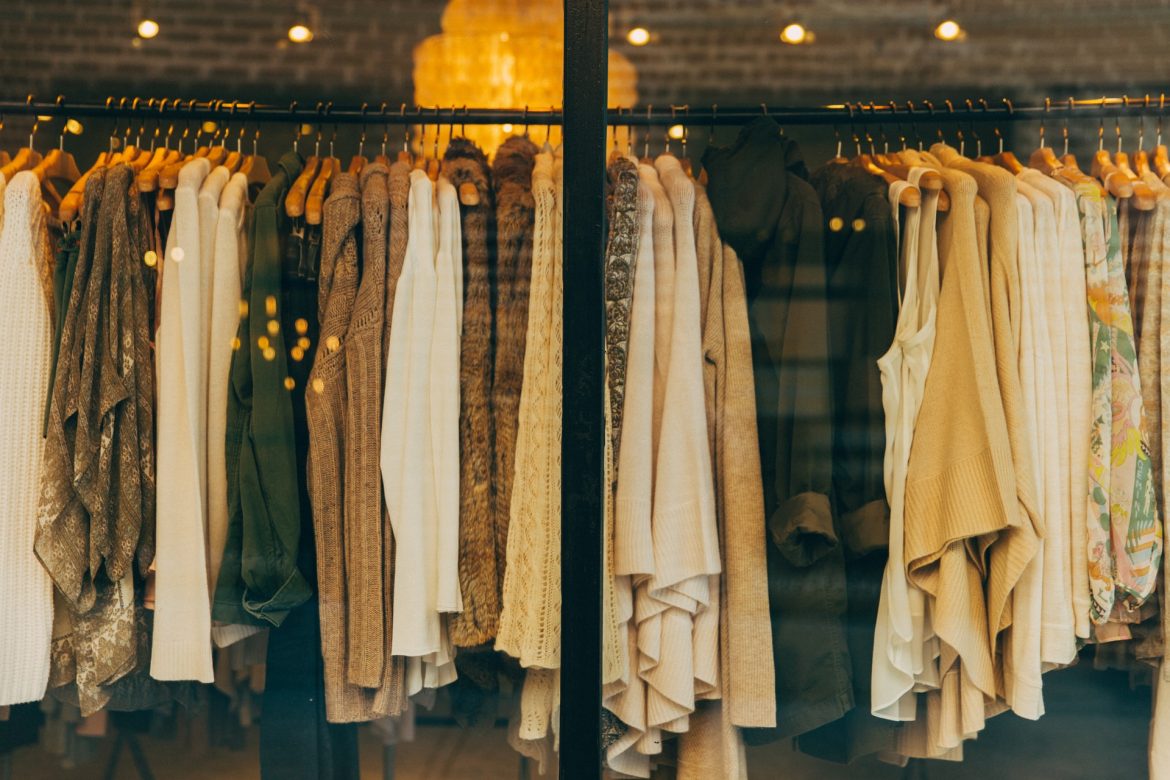As Covid-19 continues to spread, every area of our lives has been affected from our social lives to our work lives, as governments across the world clamp down on lockdown and introduce social distancing measures. An unprecedented time for consumers and businesses alike, with shops being forced to shut their doors many of us turn to online shopping for new ways to spend our money on non-essential items. It’s not surprising that ecommerce giant Amazon is thriving in lockdown, with sales hitting a staggering £8,800 a second.
In the UK, many products and services rely on fast, efficient global supply chains. The pandemic has disrupted supply chains around the world, demonstrating the fragility of the modern supply chain for some industries. For example, research by Durham University found that almost a third of businesses in the North and Midlands are at high risk of collapse due to the outbreak of Covid-19 due to the effect on supply chains.
Here, we’ll take a look at the effect brands are having on supply chains, sustainability, and what we can do as consumers.
Fast fashion, fast finish with suppliers
Covid-19 has been a wake-up call for the fashion industry in particular. It is a fragile industry in times of crisis due to its reliance on complex global supply chains. H&M’s share price dropped by a half over the last month while Inditex lost one third — in response, brands are seeking to shift risk onto suppliers. In one week, fashion brands cancelled about $1.5 billion worth of clothes from Bangladesh alone, shunning at least one million workers into unemployment.
Consequently, many garment workers are facing unique circumstances. Already under scrutiny for the treatment of garment workers and placing revenue above safety by not creating a safe work environment, big fashion brands like H&M, Zara, and Target are pulling out of contractual orders under the force majeure clause. The effect this has on workers is serious in garment-producing countries like Bangladesh, Cambodia, and Vietnam, who typically have limited to non-existent social security systems. Many are earning minimum wage and face being unable to afford food, pay rent, and bills due to loss of income — facing crippling poverty when work dries up.
Scott Nova, executive director at the Workers Right Consortium, part of the Clean Clothes Campaign, said: “While it is understandable that companies are focusing on the needs of their local staff, clothing retailers must accept that if they choose a business model that relies on the labour of millions of garment workers overseas, then these people are their workers as well.”
“Many of these workers live in countries where labour laws and protections are not upheld. The track record of how governments in garment-producing countries and the retailers who profit from cheap labour treat workers in this industry does not bode well for the weeks to come.”
In Cambodian law, employers must have permission from the government before suspending workers and pay them 40 per cent of their monthly wage for up to six months. However, factories have already sacked workers without pay, causing workers to fall into huge amounts of debt. Furthermore, research reported that 95 per cent of suppliers said that brands and retailers are refusing to contribute to the cost of partial wages for workers suspended or dismissed.
Quickly forgetting about sustainability
Sustainability efforts are taking a back seat during the crisis for fashion brands who’ve greenwashed their business and used sustainability as a marketing tool opposed to integrating it into the core of their business.
It’s feared that a key threat to sustainability is that in times of insecurity, many may revert back to known and less sustainable approaches.
Karl-Hendrik Magnus, Senior Partner at McKinsey and Company in Frankfurt and leader of the Apparel, Fashion and Luxury Group said: “Sustainability has dropped off the agenda for the past few weeks at the top executive level in the industry as even strong companies have had to fight for sheer existence.”
However, consumers are expecting sustainability and fair treatment of workers, which has especially been escalated due to the positive impact on reduced air pollution in built up areas — notably, India’s blue skies — showing that businesses can make a transformation and address climate change. There’s an anticipated shift towards brands that have acted well through this crisis and maintain a positive brand commitment afterwards.
Taking a stand
Shopping with businesses who are taking responsibility for honouring contracts and prompt payments in supply chains and upholding sustainable values is important in making sure we move forward as a world.
Traidcraft, pioneers of fair trade commented: “Our suppliers are critical to us. It makes perfect sense for to us to pay what is due when it is due. When we recently learnt that one of our suppliers was struggling with their cash flow, we offered to pay ahead of schedule and shorten their payment terms – all at no hidden cost. If we have no suppliers, we have no business. If we want to prosper, we need to make sure our suppliers can prosper too.”
The Covid-19 crisis has certainly highlighted weaknesses in the modern business, with supply chains being too fragmented and easy to collapse, having catastrophic effects for millions of workers. Shop with ethical brands who pay their supply chains, and the rest will follow suit.
Sources
https://qz.com/1828541/covid-19-leads-to-one-million-garment-workers-unemployed/
https://www.theguardian.com/fashion/2020/apr/22/lockdown-fashion-wakeup-call-coronavirus-lockdown




